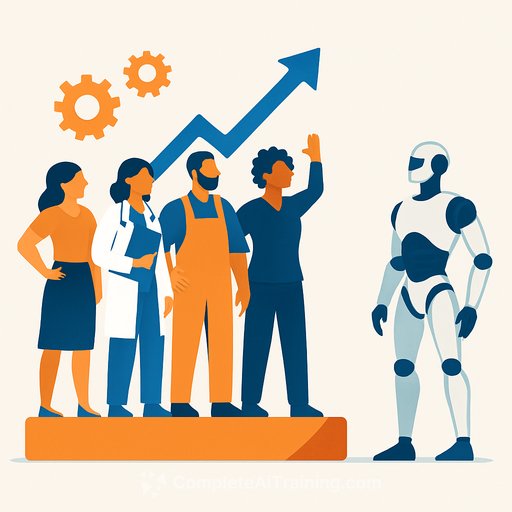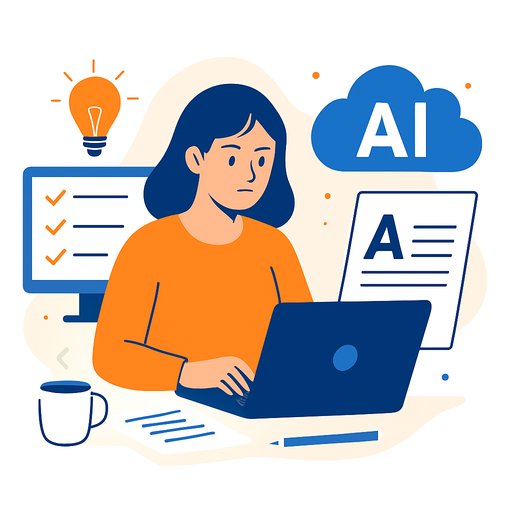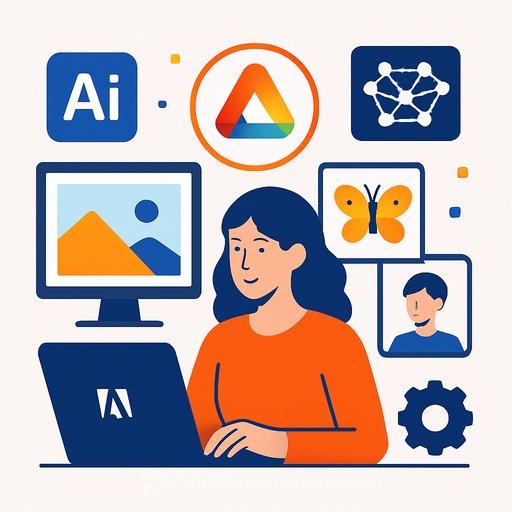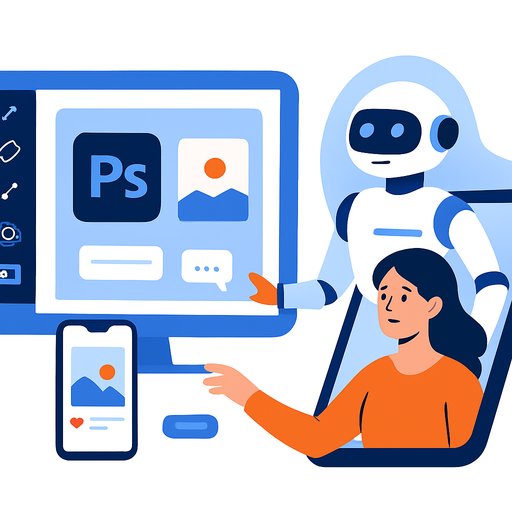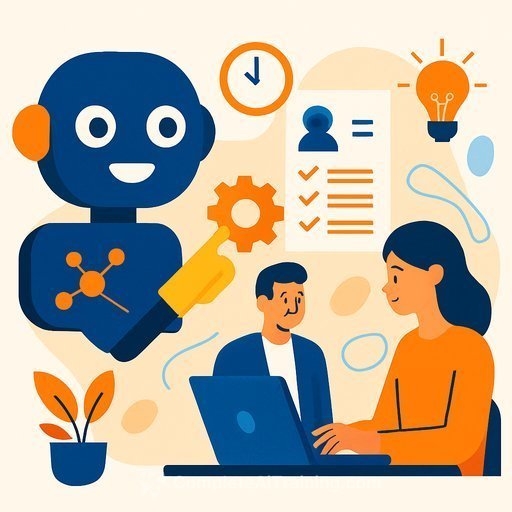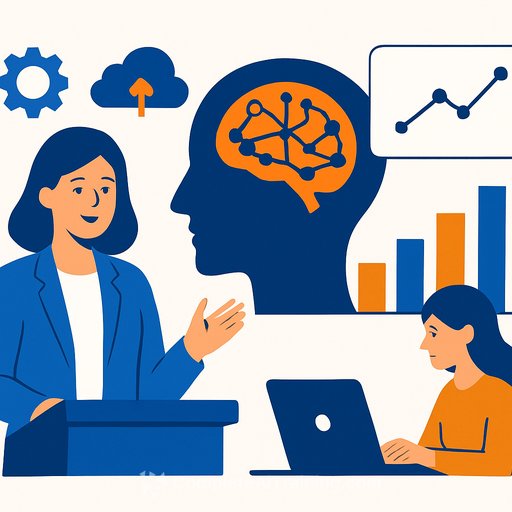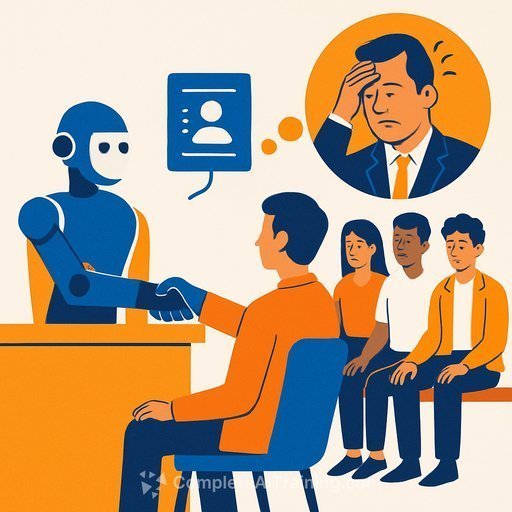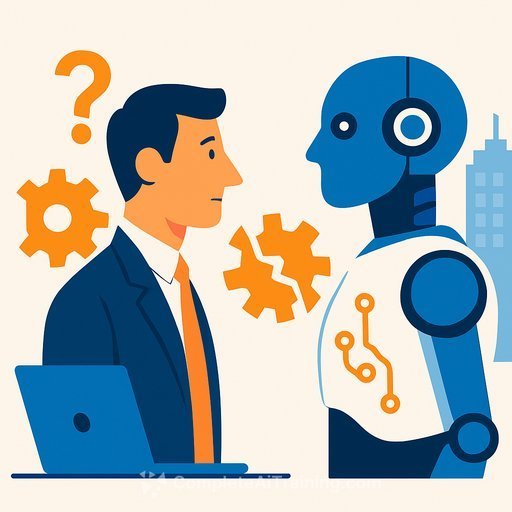The Resilience of Human-Centric Careers in the Age of AI
Artificial intelligence is reshaping industries fast. However, roles demanding empathy, creativity, and hands-on skill continue to stand strong. As AI adoption grows in 2025, certain careers resist automation because they rely on human qualities machines can’t replicate. A recent report from Artech highlights seven such positions where nuanced decision-making keeps humans essential.
Therapists and counselors remain vital since AI lacks the emotional intelligence to handle complex human emotions. Strategic leadership roles, like CEOs and senior managers, depend heavily on interpersonal skills and ethical decisions—areas where algorithms fall short.
Human-Centric Roles in Healthcare
Healthcare is a prime example where human touch matters most. Nurses and surgeons top lists identifying AI-proof jobs with growth potential exceeding 45%. These professions require quick adaptability and direct patient interaction. AI tools assist but can’t replace the hands-on care needed.
A Microsoft Research study reported in the Times of India points out that roles like phlebotomists and surgical assistants remain immune to AI due to the need for precision and human oversight. Similarly, emergency medical technicians and lawyers rely on judgment and real-world interaction, making them resistant to automation. While AI can analyze data, it cannot perform life-saving procedures or argue cases with nuanced persuasion.
Skilled Trades and Manual Expertise
Skilled trades offer strong job security. Electricians, plumbers, and builders provide “remote-proof” and AI-resistant career paths. Robots can assemble parts, but unpredictable environments require human problem-solving and creativity. As electric vehicles increase, demand for electricians is expected to rise.
The US Career Institute lists roofers and chefs among 65 low-risk jobs, where sensory skills and creativity are key. These trades blend physical skill with judgment, making them less vulnerable to automation.
Creative and Ethical Domains
Creative roles continue to resist automation. Artists, writers, and designers produce original work that AI can copy but not originate. In tech, emerging roles like AI ethicists and prompt engineers are surprisingly AI-proof because they require human oversight and ethical considerations.
Human resources managers also remain important due to their need for interpersonal skills and empathy. Discussions on professional forums highlight AI’s limits in roles demanding genuine human connection and emotional understanding.
Emerging Opportunities in AI Oversight
Ironically, AI creates new roles that require human involvement. "Human-in-the-loop" jobs oversee AI decisions, ensuring accountability and quality. High-paying careers like construction managers and veterinarians are accessible through online programs.
However, some experts caution that even traditionally safe roles such as engineers face task erosion from AI, which may increase the need for policies like universal basic income. To stay ahead, upskilling is crucial—especially in regions like Canada where workforce transformation is underway.
Strategic Moves for Insiders
Adaptation is key for professionals in creative and human resources fields. Cybersecurity experts, for example, remain vital as human hackers outsmart AI defenses. Nursing assistants and childcare providers also benefit from emotional bonds that machines can't replicate.
While AI advances quickly, trades and care roles show lasting resilience. Staying informed and developing skills in these areas helps secure your place in the evolving job market.
For those interested in strengthening their position, exploring AI-focused training tailored to specific careers can provide practical tools to complement human strengths.
Final Thoughts
AI is automating routine tasks, but careers that combine human empathy, creativity, and expertise continue to thrive. Focusing on these areas ensures meaningful work and career resilience in 2025 and beyond.
Your membership also unlocks:

